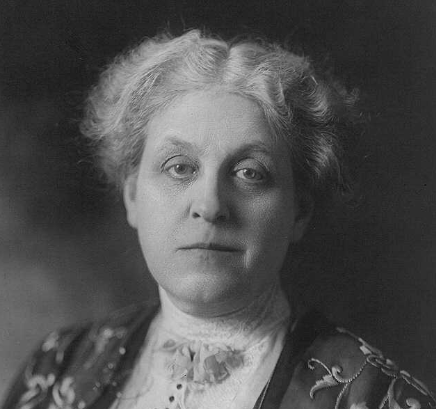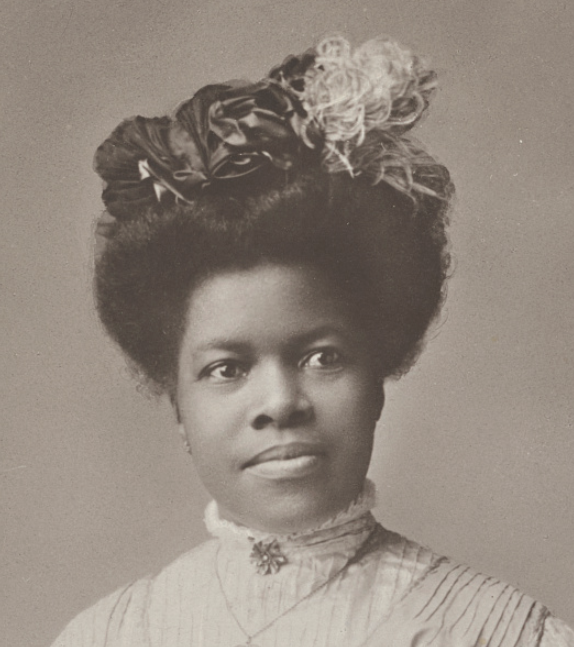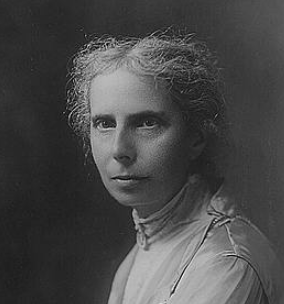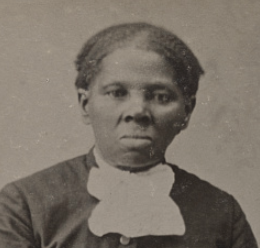
PDF of Challenge Based Learning lesson on Recognizing Heritage Months
Using GarageBand, ask students to create music to a page from the Rocket Book, matching the action on the page of the book chosen.
GarageBand music Social Studies/History Art/Music 6 - 8 3 - 5
- Anti-slavery bugle. [volume] (New-Lisbon, Ohio), 21 June 1851. Chronicling America: Historic American Newspapers. Lib. of Congress. <https://chroniclingamerica.loc.gov/lccn/sn83035487/1851-06-21/ed-1/seq-4/>
Another wordsift example...
The original was delivered by Sojourner and transcribed by Marius Robinson, a journalist, who was in the audience at the Woman's Rights Convention in Akron, Ohio on May 29, 1851. <https://www.thesojournertruthproject.com/compare-the-speeches>
sojourner truth anti-slavery speech Anti-slavery bugle wordsift wordle Technology Social Studies/History 3 - 5 6 - 8 9 - 12
Just an example of using speeches with WordSift. The type of text you choose makes a difference. For example, the tool aims to "helps to quickly identify important words that appear in the text". Wordsift offers tools to choose academic language which offers a different visual outcome. Test out a variety of text formats to see how the "important words" play out visually using this tool.
I'd suggest searching through the manuscripts and mixed materials or historic newspapers search option to locate a variety of textual sources to use with wordsift.
https://www.loc.gov/manuscripts/
gettysburg address wordsift wordle [/tagref] Technology 3 - 5 9 - 12
NASA wants you! to develop an app. Here are the guidelines to be released March 13 when the competition begins. I know we have talent out there that might want to participate.
Neme
Middle and High School Students and Educators,
NASA needs you! This March we are launching the App Development Challenge (ADC). The challenge provides middle and high school student teams the opportunity to demonstrate the practice of coding and app development. The ADC will ask student teams to develop an app that visualizes three minutes of simulated test data in support of the upcoming Ascent Abort-2 (AA-2) flight test.
In June 2019, NASA will launch a full-stress test of the Orion spacecraft’s Launch Abort System (LAS), called Ascent Abort-2, which will demonstrate the LAS can send Orion and its crew a safe distance from a failing rocket if an emergency arises during ascent to orbit. This flight test is a critical step to demonstrate Orion’s safety as NASA leads the next steps of human exploration into deep space.
In Round 1 of this challenge, participants will have the opportunity to chat with NASA subject matter experts to learn tips on how to make the app the best it can be. Teams will then post videos of their app designs online for consideration by NASA to use in future missions. In Round 2, teams with favorable submissions advance to present their app in an interview with NASA engineers working on the AA-2 flight test. After this round, NASA will select student team/s for an all-expenses paid trip to a NASA field center in early summer, 2019. The challenge begins on March 13, 2019 and Round 1 participation concludes with video submissions on May 1, 2019.
Are you part of a middle school, high school or informal education institution and interested in participating? Full details can be found on our website: www.nasa.gov/education/appchallenge
Attached is the ADC flyer, feel free to share with anyone who might be interested.
The challenge is scheduled to start March 13, 2019!
Sincerely,
NASA’s App Development Challenge Team
Testimonials
- I love that there is new info on the site daily!
- I had a wonderful time working with the Library of Congress and learning about all of the resources at my fingertips!
- The TPS Teachers Network has an equal exchange of ideas. You know it's not a place where you're being judged.
- My colleagues post incredibly fine resources and ideas....the caliber of the suggestions and resources make me feel that I take a lot from it. It's a takeaway. And I hope that I can give back as much as I get.
- Going into this school year, I have a fantastic new resource for my own instruction and to share with my colleagues!
- I am very glad that I discovered the TPS Teachers Network through RQI. Great resources can be hard to find out there on the internet!














